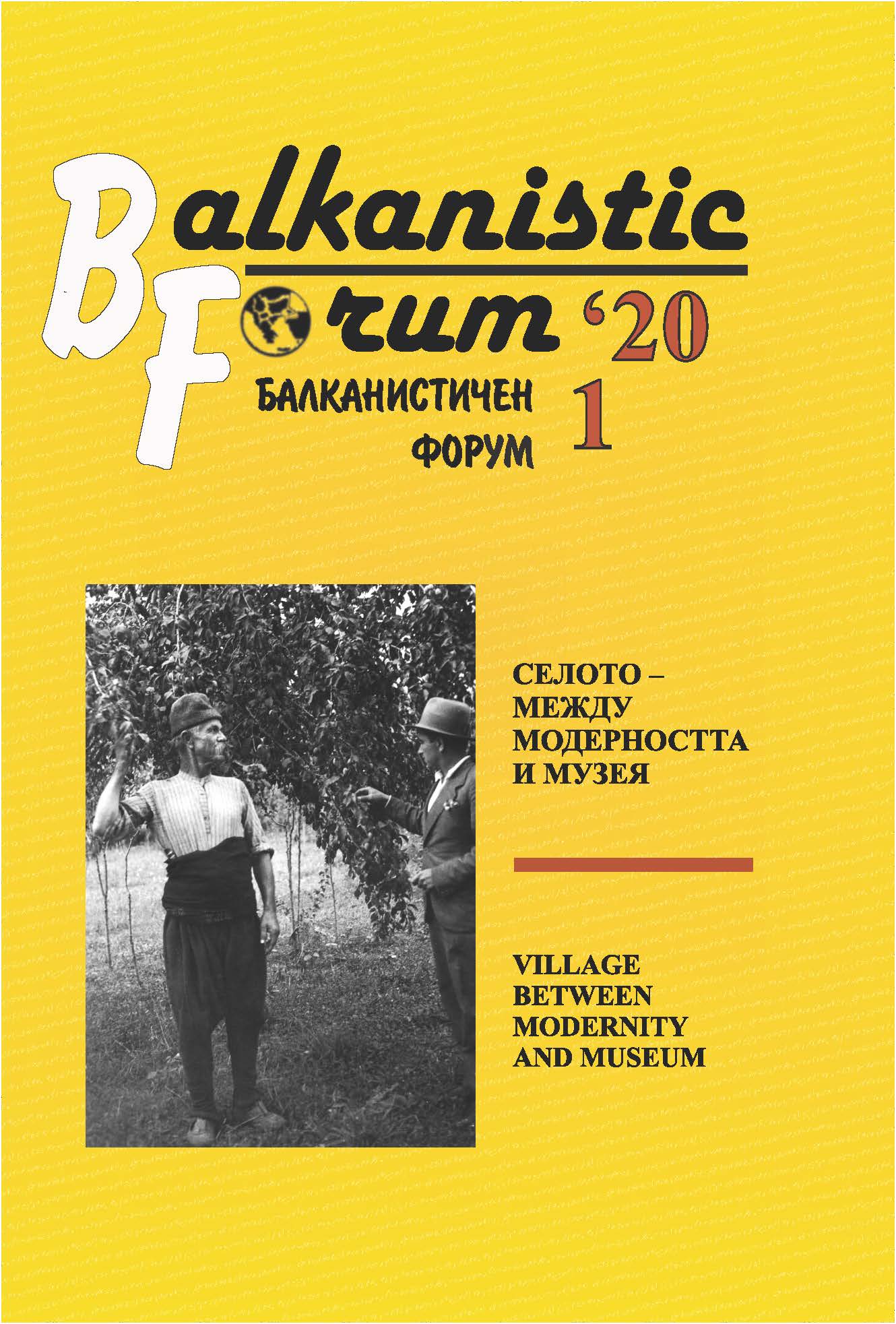Колаборационистката идея за превръщането на Сърбия в селска държава през втората световна война
The Collaboration Idea of the Transformation of Serbia in Rural Country During the Second World War
Author(s): Biser PetrovSubject(s): History, Recent History (1900 till today)
Published by: ЮГОЗАПАДЕН УНИВЕРСИТЕТ »НЕОФИТ РИЛСКИ«
Keywords: Serbia; collaboration; puppet government; peasant state; Second World War
Summary/Abstract: The paper deals with the ideology of the Serbian collaborators during WW II, and more specifically with their views on the construction of a “New Serbia” which had to be incorporated into the Nazi “New Europe”. Generally speaking, they saw Serbia’s future, as strange as it seemed, in its glorious past. This meant a priori a total rejection of modernization and “putrefactive” foreign influences which they considered harmful and noxious to the Serbianhood. The collaborators placed all their hopes for a new Serbian revival on the patriarchal village, which according to them had still preserved the primordial virtues and national traditions. The bedrock of the idealized rural society must be the old peasant zadruga (family community) which in its turn was represented by the central figure of the householder (domaćin), the person who they endowed with greatest confidence and favor. However, the collaborationist project aiming at the transformation of Serbia into a peasant state ended in failure due to the unwillingness of the German occupation authorities to approve it.
Journal: Балканистичен Форум
- Issue Year: 2020
- Issue No: 1
- Page Range: 63-75
- Page Count: 13
- Language: Bulgarian
- Content File-PDF

